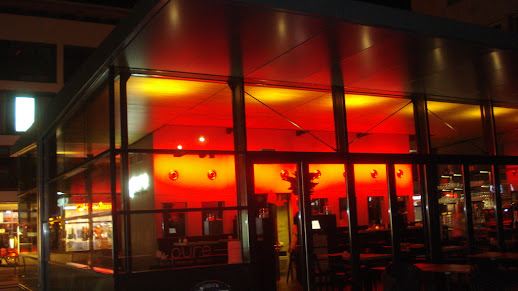(Drivebycuriosity) - Recently the online version of the U.K.`s Daily Mail had an interesting headline: "Finance students are the most promiscuous on campus" (dailymail). The article refers to polls that show that students of economics have the most sex partners on campus (5 on average), beating all other faculties. The authors regard this result as a surprise because students of economics are "traditionally seen as being among the most hardworking and conscientious of students - perhaps even a little dull".
Being an economist by myself I consider the result as quite natural. Students of economics may just practice what they study! Economics is about demand and supply (including mating partners) and about rational behaving. Economists assume that people continously compare benefits and costs of their behavior (homo economicus).
The professors Richard McKenzie and Gordon Tullock describe this in their book "The Best of the New World of Economics" (amazon.com), which includes a chapter on “Sexual behavior” including "A model of sexual behavior". Sex, as with any action, is worth committing to as long as its causes gains that are higher than its costs (maximizing of utility). "For every act there is a cost, and it is this cost that will determine whether or not (or how much) something will be done", they write.
Sex, and especially promiscuous dating, has a lot of costs. For instance the time (and energy) which is lost for studying. Promiscuous dating could therefore threaten the success of the studies. But, as the statistics shows, for many students sex very often creates greater gains than losses.
Another economist, Prof. Gary Becker, who received the Nobel Prize in 1992, wrote about the economy of the family including a theory of marriage. Promiscuous dating on the campus could result in a better knowledge of the other sex and develop communication skills and hence be a part of a selection process to find the most appropriate mate. In the language of economist the cost of sex could be an investment in human capital (knowledge) and hence an investment into the future.
Recently 2 economists, Lloyd Shapley and Alvin Roth, won the Noble Prize "for showing the best way to match people with what they really want", writes Slate (slate). Both scientists applied game theory to explain and support different kind of matching, including marriage.
I wouldn´t be surprised if clever financial students use game theory and other knowledge, that they have acquired during their studies, for choosing their mates and allotting their time they invest into them.
































